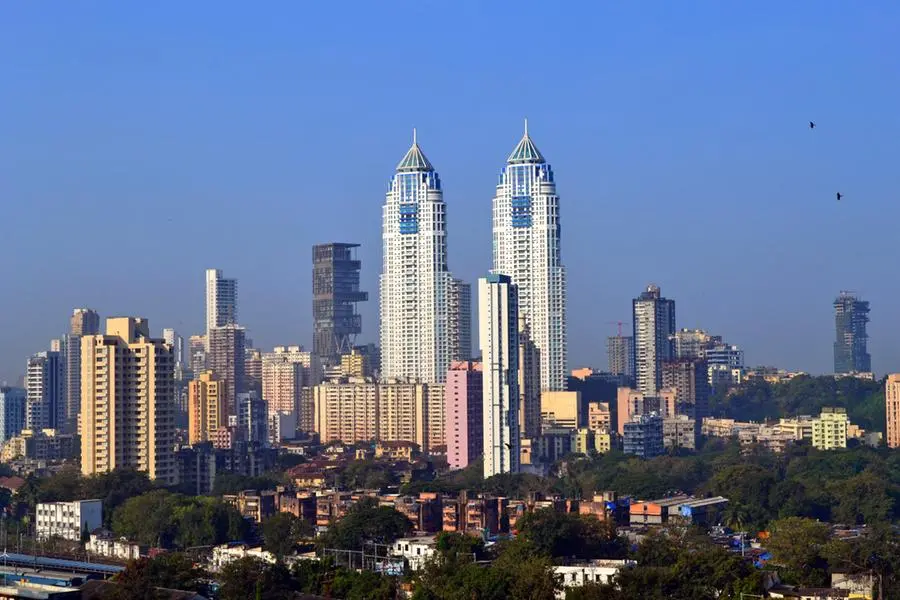PHOTO
India and other Southeast Asian economies seem to be in a solid position to gain from all the turmoil that ensues from the “fragmentation game”, said Saxo market strategist Charu Chanana.
“India will remain a partner of choice for many global economies despite the world’s economic, political and financial restructuring,” she wrote in a report published in the Danish investment bank’s quarterly outlook Q2 2023: “The Fragmentation Game”.
The partnership not just hangs on trade, security and technology, but brings long-term investment opportunities in a fragmenting world, Chanana said.
India, Vietnam and Mexico have emerged as key beneficiaries of the supply chain shifts as the focus has been to shift away from over-dependence on China – the factory of the world.
“Tailwinds for India include solid economic fundamentals, a sound digital infrastructure and favourable demographics. However, India’s manufacturing gains have been constrained by its protectionist stance and a weak business climate.”
The dynamics are now changing quickly, with India working hard to position itself as an attractive manufacturing and export hub for multinational companies, Chanana stated.
In addition, India has made a clear shift of attitude on free trade deals, pivoting towards reducing trade barriers, eliminating tariffs, and seeking preferential access to global markets.
Bilateral deals appear to be India’s key focus, and pacts with Australia and the UAE were concluded in 2022. The ongoing negotiations with partners such as the European Union (EU), the Gulf Cooperation Council (GCC), Israel and the UK will be concluded by 2025.
“These initiatives are driving a favourable shift in India’s image as a global trading partner. Apple’s intention to make its latest iPhone 14 model in India has been a victory lap.” Chanana noted.
Moreover, India remains a safe haven amid global contagion fears in the banking sector, given a domestic deposit base and investments denominated in Indian rupee bonds.
The Indian tech sector also remains favourable amid global digitisation demands.
A turn in Fed policy, if one was to happen due to the financial risks, bodes well for the Indian technology stocks, she said.
“However, the collapse of the Silicon Valley Bank may leave some lasting jitters for Indian tech startups who had deposits in the US. Fresh funding from venture capitalists may remain limited, constraining innovation until funding lines are reaffirmed,” she noted.
(Editing by Seban Scaria seban.scaria@lseg.com)





















